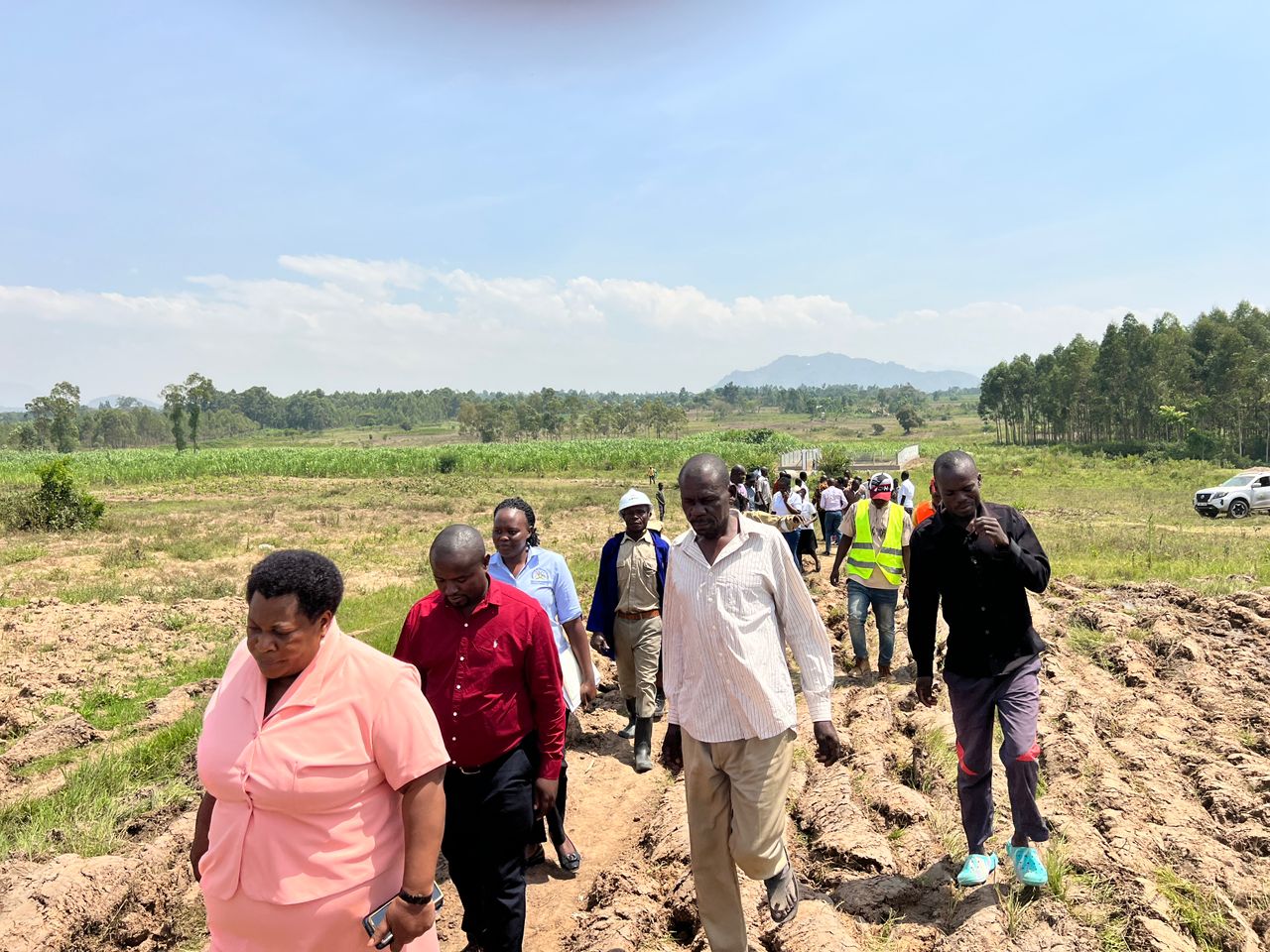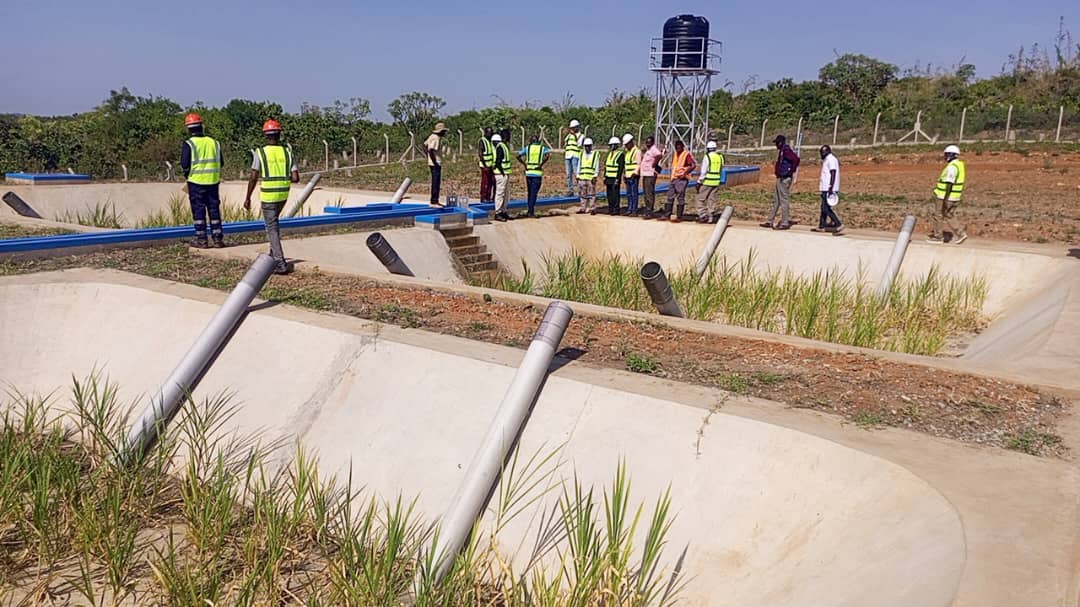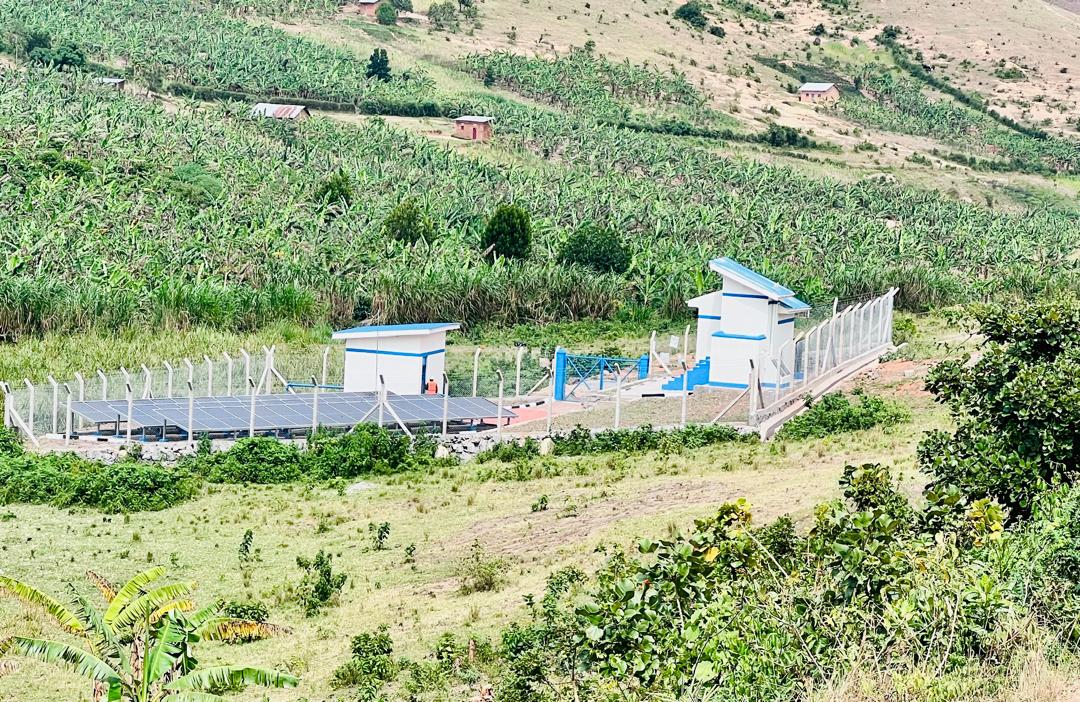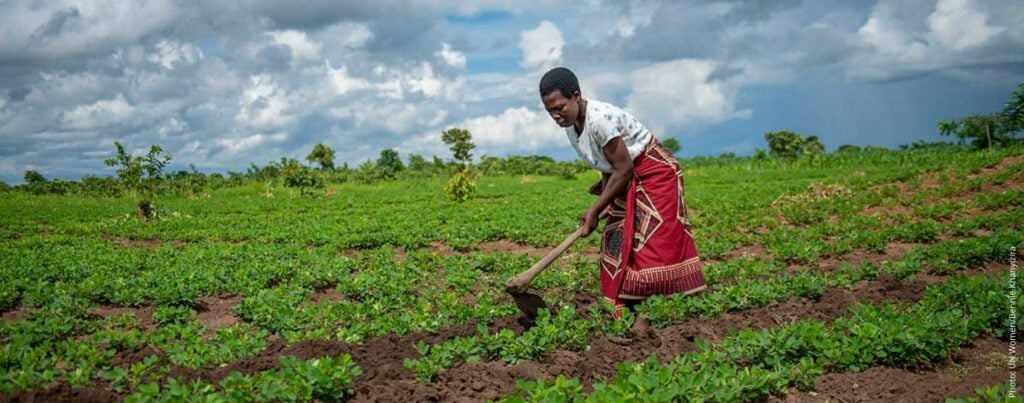
Weather information helps me, says Esther Businge
The decisions regarding when to prepare gardens, when to plant, and what to plant
form the most critical part of successful farming practices. These decisions, however,
depend on the availability of accurate and timely early and weather information.
While this is true, many farmers in Uganda are challenged in the face of climate change
impacts by a lack of dependable information, as the majority rely on indigenous
knowledge to support their farming decisions. For the former wetland users, the story is
different.
“Our indigenous knowledge has now become ineffective. We can no longer predict the
seasons correctly,” Esther Businge says as she shares her experience of climate
change impacts. This often takes a tall order on the level of agricultural productivity and
food security among vulnerable communities.
However, the introduction of the adaptation measures under the Building Resilient
Communities, Wetland Ecosystems and Associated Catchments Project in Uganda,
which sought to address climate change impacts through increased access to early
warning and weather information, has changed the tide.
For instance, Ms Businge was able to turn around her life following the introduction of
the project. “I receive weather information from several platforms like radio, meetings,
WhatsApp groups, and short messages. This has helped me make decisions about
when to prepare my garden and plant. My harvest has improved as a result,” a mother
of eight says. Businge grows cowpeas, millet, coffee, beans, bananas, and ground nuts.
“On a half an acre of ground nuts, for instance, I can harvest 4 bags, yet previously, I
could harvest only one bag,” she notes. In addition to accessing and utilising weather
information, Ms Businge also received one pig in 2021. The pig produced six piglets.
She sold five piglets and earned shs 250,000. She also sold their mother at shs 230,000
and bought one goat. She now has one goat and one pig.
This stream of income is helping Businge meet the pressing basic needs. She is happy
about the project and is grateful to the government of Uganda and her partners.
Ms. Businge is not alone. Jackson Mwesige, 65, a father of 14 children, also
appreciates the relevance of accessing early warning and weather information to
improve agricultural productivity. According to him, previously, his banana production
was very low. However, things started changing as soon as he religiously started
accessing and utilising early warning and weather information.
“I used to have only 20 bunches of bananas every month, but when I started utilising
weather information in decision making, I now have harvested 40 bunches each month.
My coffee harvest has consequently also increased from 10 bags per acre to 20 bags,”
Mwesige observes.
The information helps him in early planning, i.e. when to mulch and harvest are the key
critical decisions that seem to turn around Mwesige’s life. This means that the income
stream will significantly impact his life. A kilogram of coffee costs between shs 5,000-
7,800.
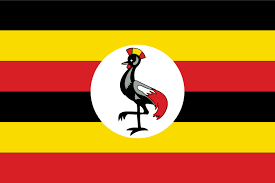 Official Website of the Ministry of Water and Environment
Official Website of the Ministry of Water and Environment

